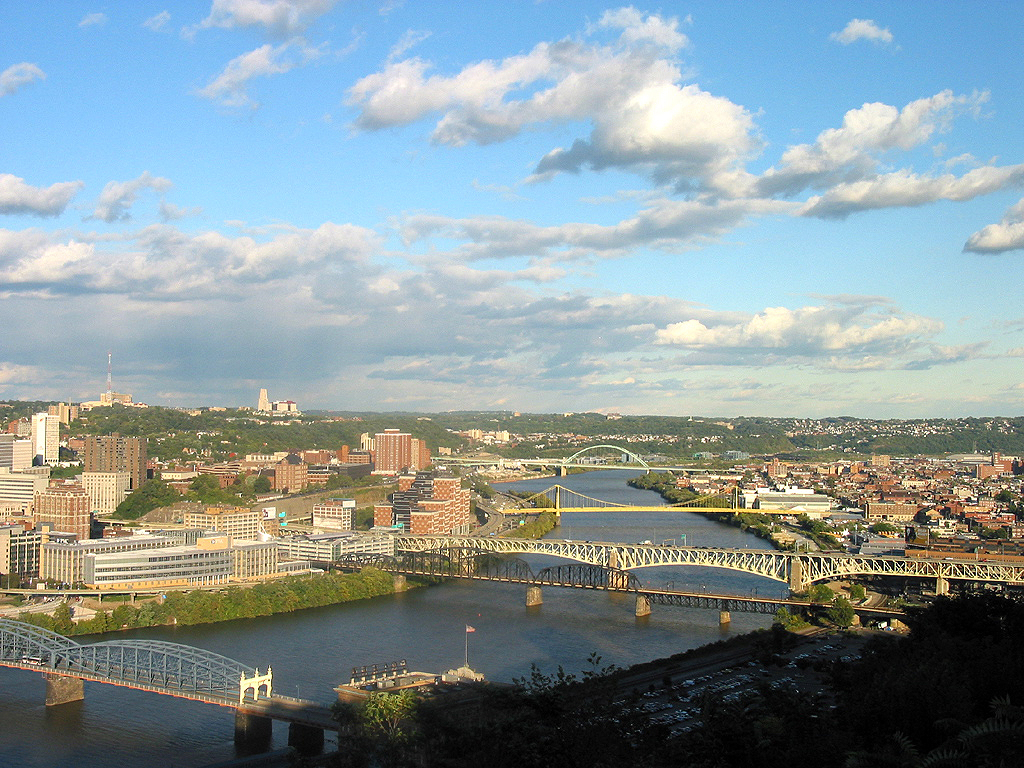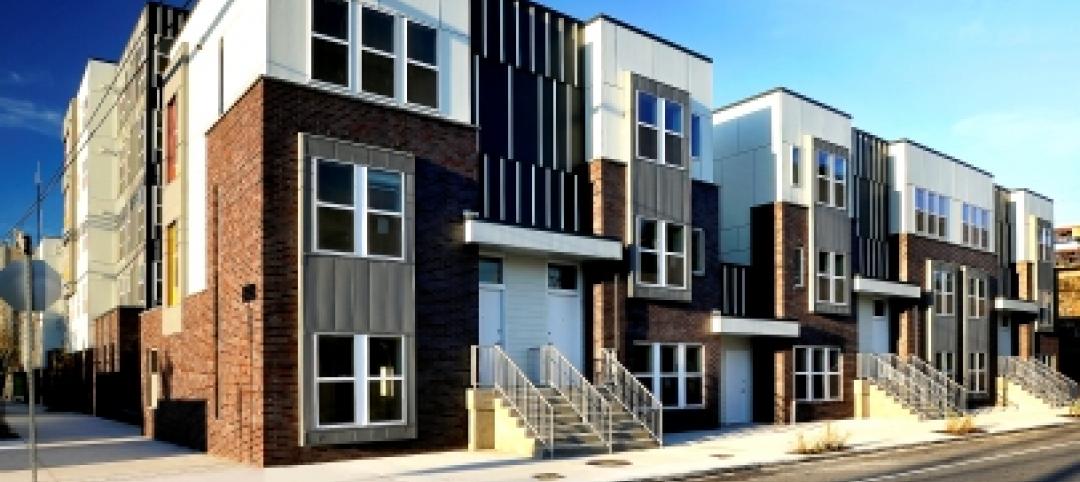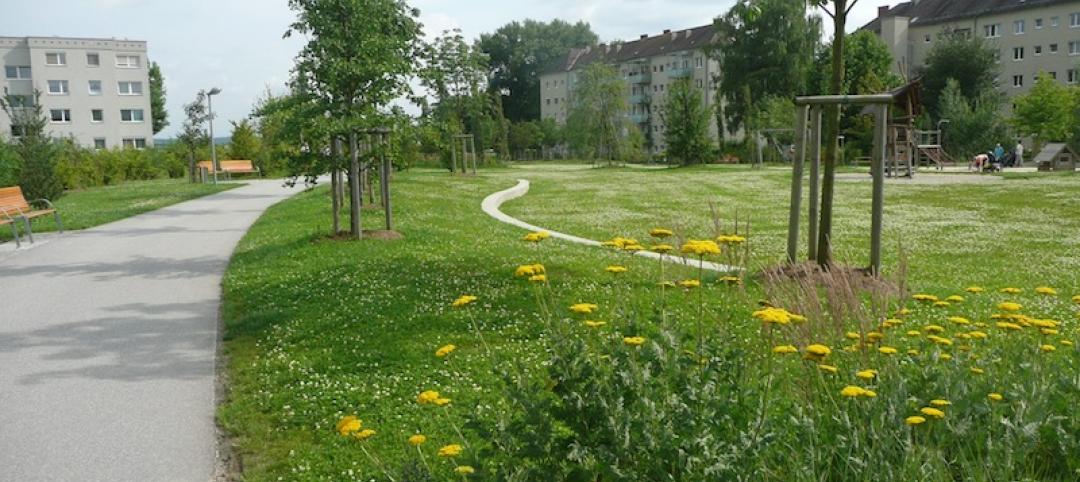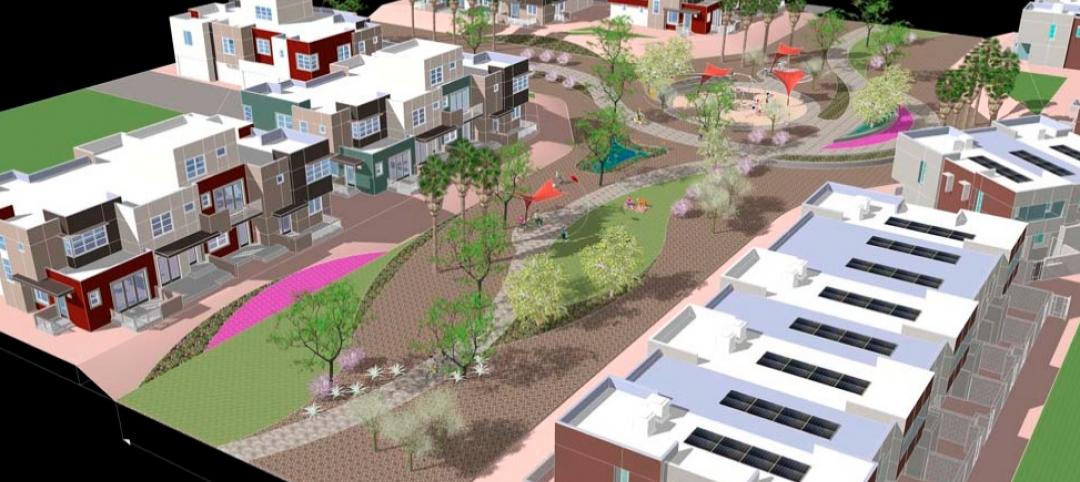The most resilient cities in the world, including six in the U.S., have attributes that would enable them to recover better than others from devastating natural disasters.
A report by Grosvenor examined 50 major cities around the world and ranked them on their vulnerability and adaptive capacity in terms of their infrastructure, community, resources, environment, and climate.
Two-thirds of people will live in urban areas by 2050, according to U.N. estimates, so city planners face daunting challenges to cope with the impact of climate change and population growth. The top three resilient cities are Canadian (Toronto, Vancouver, Calgary), and six of the top 10 are from the U.S., led by Chicago and Pittsburgh.
The report examines five categories of vulnerability: climate, environment, resources, infrastructure, and community. The five categories of adaptability include governance, institutions, technical capacity, planning systems, and funding structures.
“Resources,” encompasses a city’s access to energy, food, and water. “Funding structures” covers the ability to borrow and tap into national and international money.
“The strong U.S. ranking is due to adaptive capacity, where resources, public accountability of elected officials, and the technology of the U.S. are dominating factors,” the report says. “This suggests that U.S. cities will continue to see a pattern of effective public intervention, but often only after a major shock has occurred.”“The least resilient cities are the ones facing the greatest pressure to grow,” the report says. “High rates of population growth, while beneficial to production and culture in the long term, are likely to challenge improved adaptive capacity in the short term.”
(http://www.fastcoexist.com/3029442/the-10-most-resilient-cities-in-the-world)
Related Stories
| Jan 8, 2014
Architect sentenced to a year in jail for firefighter's death
Architect Gerhard Becker was sentenced to a year in LA county jail after pleading no contest to the manslaughter of a firefighter who died while trying to contain a fire in a home the architect had designed for himself.
| Jan 8, 2014
United Association, NRDC seek major plumbing code changes
Proposed changes include mandating the insulation of hot water piping in new buildings.
| Jan 2, 2014
EPA move to assert oversight on small bodies of water among top regulatory battles for 2014
The EPA has started the process of declaring that it has the power to regulate streams, brooks, and small ponds.
| Jan 2, 2014
Paseo Verde in Philadelphia is nation’s first LEED Platinum neighborhood development
Paseo Verde, a mixed-use, mixed-income community hosted a ribbon cutting ceremony last month.
| Jan 2, 2014
Green infrastructure prominent in Akron, Ohio's sewer plans
City officials in Akron, Ohio want to prevent stormwater from entering its combined sewer system through the use of green infrastructure.
| Jan 2, 2014
OSHA to hold public meeting on proposed rule to improve tracking of workplace injuries
The Occupational Safety and Health Administration (OSHA) has scheduled a public meeting to allow interested parties to comment on the proposed rule to improve tracking of workplace injuries and illnesses.
| Jan 2, 2014
Measuring whole building energy use among big changes in LEED v4
A new prerequisite in LEED v4 calls for each project to measure whole building energy use, and then share that data with USGBC.
| Jan 1, 2014
San Francisco hosts Net Positive Energy + Water Conference
The Living Building Challenge’s Net Positive Energy + Water Conference will be held Feb. 4-5 in San Francisco.
| Dec 27, 2013
California’s new Title 24 energy code compliance date pushed back to July 1, 2014
Due to the stringency of the provisions in California’s new Title 24 energy codes, their implementation has been postponed until July 1, 2014 to allow jurisdictions and engineers to prepare for them.
| Dec 27, 2013
$1 billion 'city within a city' development approved by Coachella, Calif., city council
The mega development includes 7,800 homes, a retail center, office space, and nearly 350 acres of open space.

















